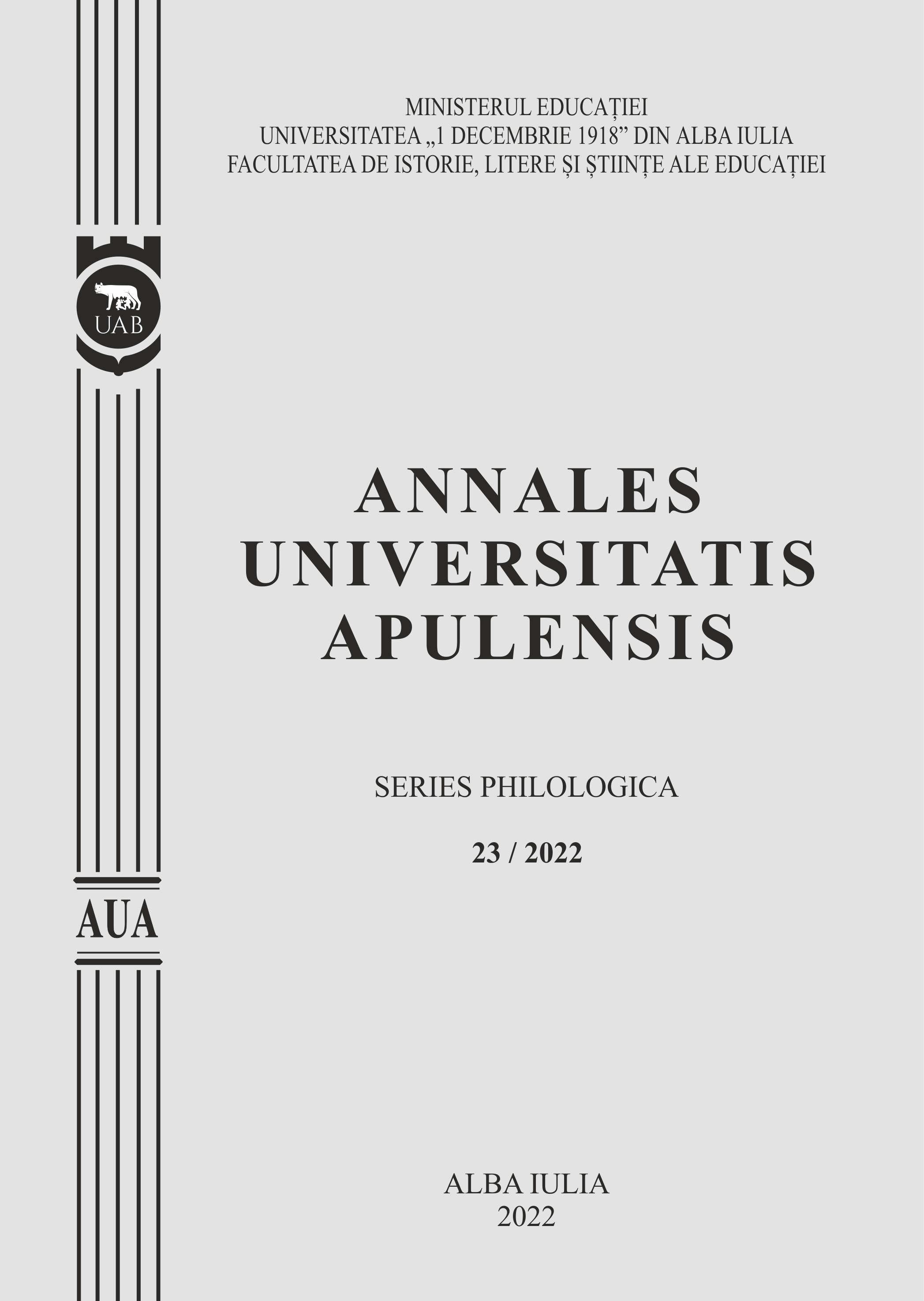THE “CLIMATO-SCEPTIQUE” AND THE “CLIMATO-HYPOCRITE”. A SPEECH-ACT BASED ANALYSIS OF DERISIVE OTHER-REPRESENTATION IN THE FRENCH PRESIDENTIAL DEBATE OF 2022
THE “CLIMATO-SCEPTIQUE” AND THE “CLIMATO-HYPOCRITE”. A SPEECH-ACT BASED ANALYSIS OF DERISIVE OTHER-REPRESENTATION IN THE FRENCH PRESIDENTIAL DEBATE OF 2022
Author(s): Adina BotașSubject(s): Language and Literature Studies, Applied Linguistics, Cognitive linguistics, Descriptive linguistics, Politics and communication
Published by: Universitatea »1 Decembrie 1918« Alba Iulia
Keywords: dialogic speech acts; political discourse; derisive other-representation;
Summary/Abstract: Based on Teun van Dijk’s (1998) hypothesis that political discourse is always a form of action, this paper presents a speech-act based analysis of five extracts selected from the French presidential debate between Emmanuel Macron and Marine Le Penon April 20, 2022, and focuses on the derisive other-representation employed by the protagonists to disqualify each other in front of the audience. In the analysis, I examine these “actions”in discourse via several particularities of ridiculing, as practice in interaction, and the conditions for the occurrence in the context of the presidential debate as a discursive genre. Presidential debatesare a sub-genre of political (>presidential) discourse (Chilton 2004; Ilie 2018). Technically, they are highly adversarial types of interactions in which the participants are mainly preoccupied with delegitimising the opponent while exerting a politically favourable influence on the audience. The “serious” nature of these events imposes multiple discursive regulations; in other words, the participants are not permitted to insult their opponent in a straightforward manner, thusbeing compelled to resort to various rhetorical devices to enable them to fight an effective battle of words (Jankélévich 1964). These devices often form part of the spectrum of negative humour, such as irony and sarcasm, which are popular in the genre for softening the offensiveness of any insult, and which exempt the attacker from aggressiveness and enable them to create an impression of wittiness in front of the audience. The five examples chosen for analysis all highlight derisive references to the opponent, “acting” to disqualify of the targetvia diverse mechanisms, and reveal less obvious nuances of the (always negative) intended meaning that is conveyed.The analysis was conducted using the framework of Critical Discourse Analysis, adopted the principles of language as dialogue proposed by Edda Weigand (2010), and discourse as a recontextualised social practice as proposed by van Leeuwen (2008), while also considering the principles of political discourse analysis presented by van Dijk (1998), Chilton (2004) and Ilie (2018),which is primarily seen as positive self-representation and negative other-representation. This analysis forms part of the larger project in my PhD thesis, entitled Ridiculing Strategies in Presidential Discourse (in progress), which focuses on the forms, functions and effects of ridiculing expressions used by candidates for the presidency in recent pre-election debates in the USA, France and Romania.
Journal: Annales Universitatis Apulensis. Series Philologica
- Issue Year: 23/2022
- Issue No: 1
- Page Range: 303-316
- Page Count: 14
- Language: English

